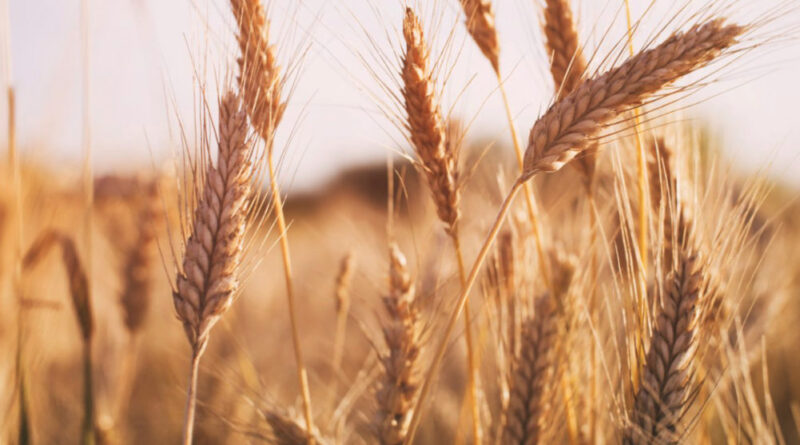Centre mulls 40 per cent cut in wheat import duty
By R. Suryamurthy
he government is considering reducing or scrapping the import duty of 40 per cent on wheat after a gap of five years.
A decision looms as grain prices have surged to a six-month high because of limited supplies and robust demand ahead of the festival season.
Controlling inflation is a top priority of the Union government as high prices pose a challenge to growth and macroeconomic stability.
Elevated food prices, especially of cereals, pulses and vegetables, have hammered down household budgets as the ruling BJP-led government faces a general election in 2024 aside from a string of state polls later this year.
The government had imposed a limit on the amount of wheat stocks traders can hold in June for the first time in 15 years.
However, the move seems to have not resulted in the cooling down of wheat prices.
Food secretary Sanjeev Chopra said the government will take action on import duty based on the requirement in the future as things are dynamic and evolving.
Sources said the government is studying allowing wheat import with a 15 per cent duty or reducing it to zero.
Chopra said the government would sell additional 50 lakh tonnes of wheat and 25 lakh tonnes of rice from the Central pool in the open market to boost domestic availability and contain the rising prices of the two key staples.
The government also reduced the reserve price of rice by Rs 2 per kg to Rs 29 per kg amid few takers for the commodity under the Open Market Sale Scheme (OMSS).
State-owned Food Corporation of India (FCI) is selling wheat and rice from the Central pool to bulk buyers such as flour millers and small traders under OMSS since June 28 through an e-auction.
Chopra said, “Prices of two commodities have been in the news for the past couple of months because of the rising trend that we are noticing”.
Wheat prices have increased to Rs 2,550 a quintal, the highest since February.
Inflation in wheat stood at 12.37 per cent in June, despite the ban on exports. Rice prices rose to 11.78 per cent for the month. On July 20, India banned the export of non-basmati rice.
This article has been republished from The Telegraph

